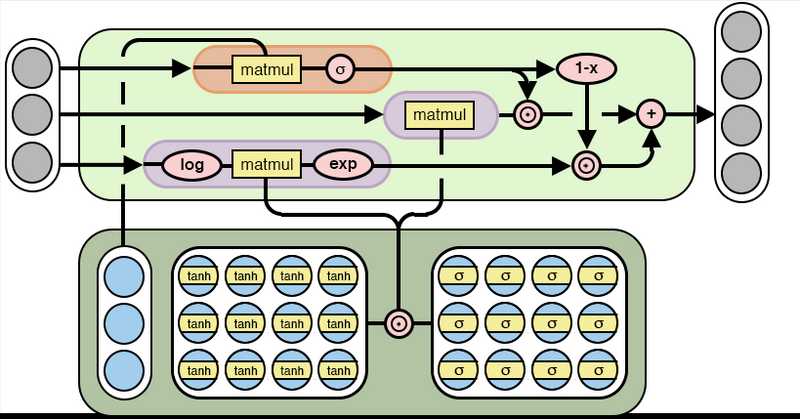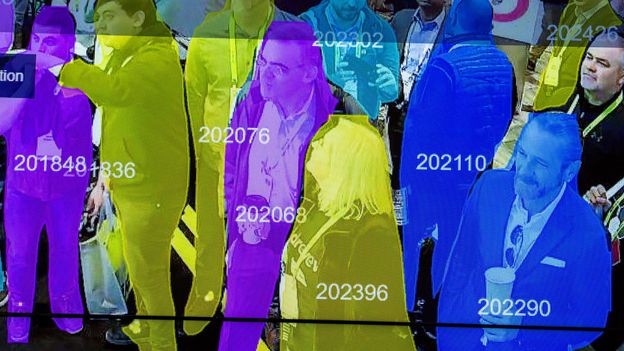
Oct. 30—David Dzurec, Ph.D., gave his University of Scranton students a writing prompt. Their computers completed the assignment.
The exercise about the history of the Jesuits was more about examining the answers artificial intelligence could provide — and how students can do better.
As the use of AI grows and becomes accessible to the general public, Northeast Pennsylvania teachers and students are starting to use it, too.
From fears of plagiarism and academic dishonesty to using the technology as a research tool, AI can have substantial impacts on education.
“We need to understand how it works, how our students can use it, and what they need to do to be more than that tool,” said Dzurec, the university’s interim dean of the College of Arts and Sciences. “It’s going to impact them in both their academics and careers more broadly.”
Growing technology
Artificial intelligence refers to the intelligence of machines or software, making it possible for the machines to learn from experience and perform human-like tasks. Examples of AI range from self-driving cars to home assistants, such as an Amazon-powered Alexa, or the predictive text function on a smartphone.
Educators see opportunities to use AI-powered capabilities, such as speech recognition, to increase support available to students with disabilities or multilingual learners. Teachers also want to explore how AI can enable writing or improving lessons, according to the U.S. Department of Education’s Office of Educational Technology.
Possibilities also bring risk.
“Useful, powerful functionality can also be accompanied with new data privacy and security risks,” according to the department. “Educators recognize that AI can automatically produce output that is inappropriate or wrong. They have noted new ways in which students may represent others’ work as their own. They are well-aware of ‘teachable moments’ and pedagogical strategies that a human teacher can address but are undetected or misunderstood by AI models.”
Exploring uses
Local universities have started to address the possible academic dishonesty that could occur with AI technology, such as ChatGPT. The website allows the user to enter a prompt or question, and ChatGPT generates a response — even an essay.
Wilkes University recently updated its plagiarism policy, including language cautioning students about unauthorized use of AI or machine-learning software, said Ben Toll, Ph.D., assistant professor of political science.
Professors use “AI detector” software when they suspect dishonesty, and some professors’ suspicions have been confirmed, he said.
“It forces us as faculty and professors to think about the type of assignments we’re giving and the type or writing prompts we’re giving,” Toll said. “How do we create assignments that are AI-proof?”
School districts have also started to explore artificial intelligence and how it could help — or hinder — education.
Abington Heights recently surveyed middle and high school students, parents and teachers about the use of AI and the perceptions around it.
The district will establish committees of students, parents, teachers and administrators to have open discussions about AI, said Assistant Superintendent Maggie Vitale, Ed.D.
“AI is quickly evolving. We want to better understand the impact. Then we will be able to make informed decisions to guide the development of procedures and possibly policies surrounding the utilization of AI within our schools,” she said.
“Technological advances continue to be developed at a rapid pace. As educators, we need to seek an understanding of how to leverage these advances but still sustain the highest level of academic integrity.”
As school districts and college professors learn how to deal with AI, faculty in computer science departments teach their students how to use it and develop it. That includes understanding ethical issues, said Amy Sliva, Ph.D., computer science program director at King’s College.
“It’s really new, and it’s hard to immediately figure out how to integrate it into the classroom,” Sliva said. “How can we think of this as a thing that works for students, to enhance their education, rather than a thing that has a negative impact?”
Teresa Grettano, Ph.D., an associate professor at the University of Scranton, had her writing students put a prompt into ChatGPT. The students analyzed where it fell short and how it lacked depth and sophistication.
She worries that if students use AI, they will miss the learning and development that comes with writing, including generation of ideas and critical thinking.
“I don’t want to sound too ominous, but I’m very, very concerned about the impact it will have on education,” Grettano said. “It’s not just about producing the work. It’s the learning that happens throughout the process.
“If that is taken away, if students skip that part, then their learning isn’t what it is now. We’ve got to address it in some way. It’s here.”
Contact the writer: shofius@scrantontimes.com; 570-348-9133; @hofiushallTT on Twitter.




